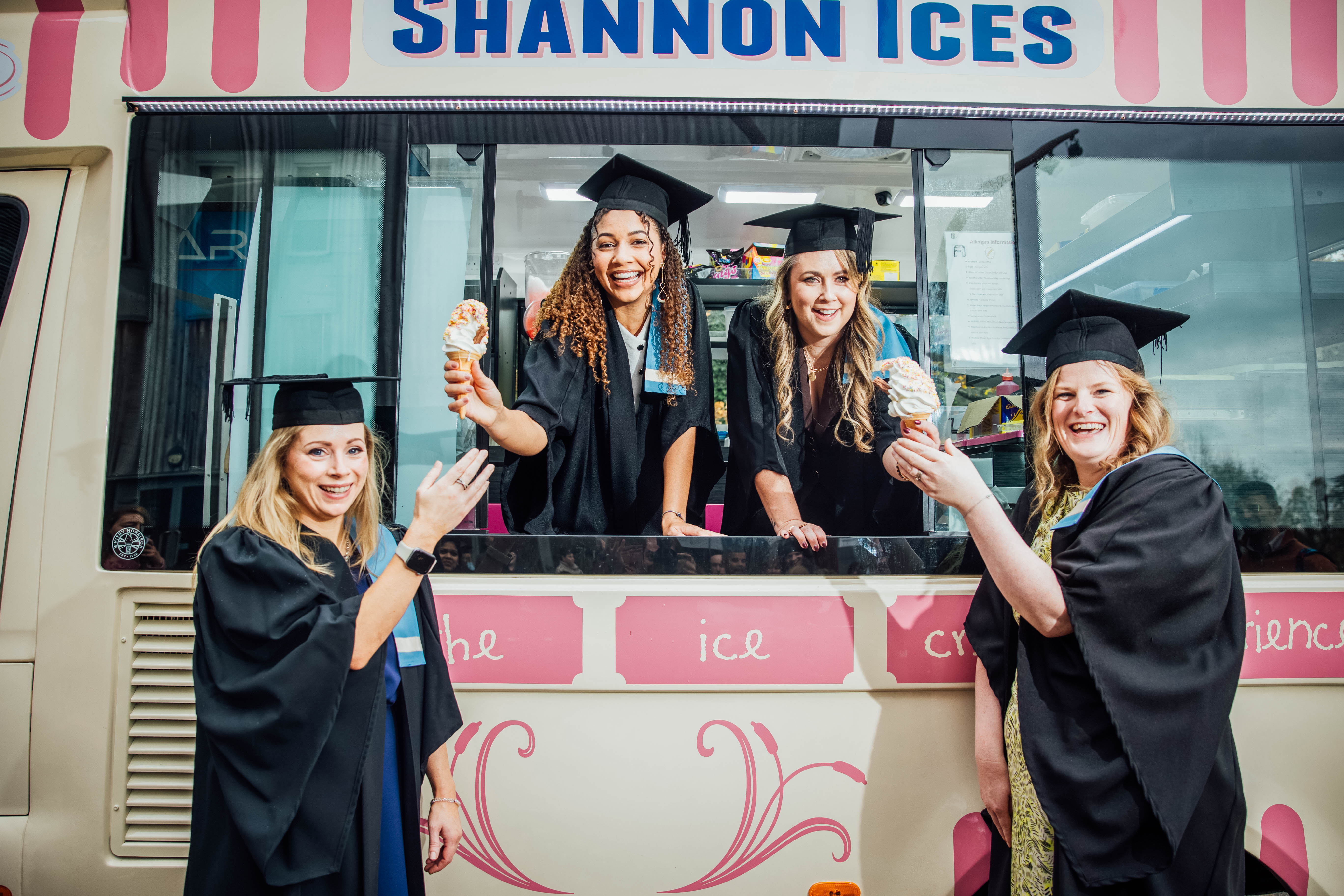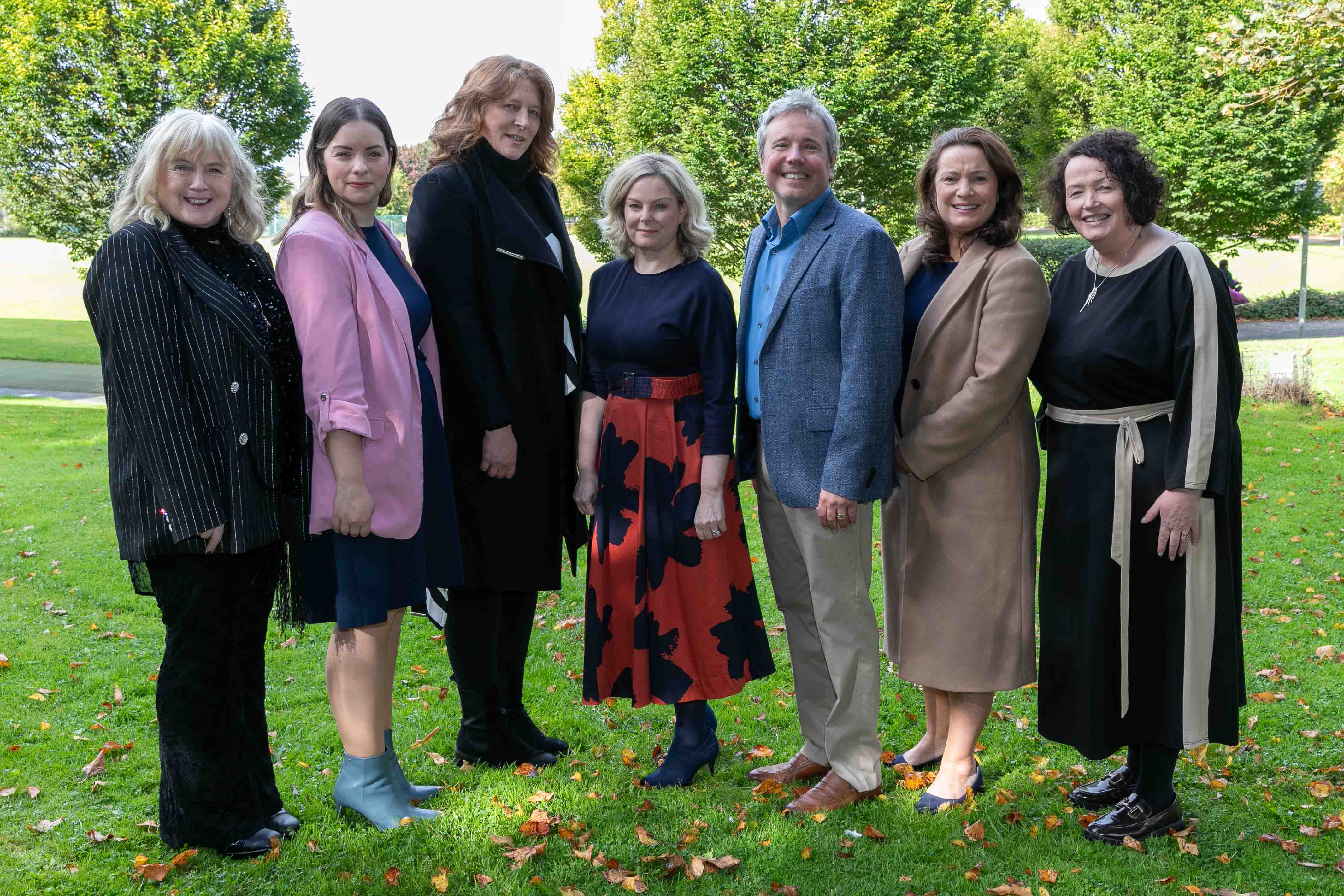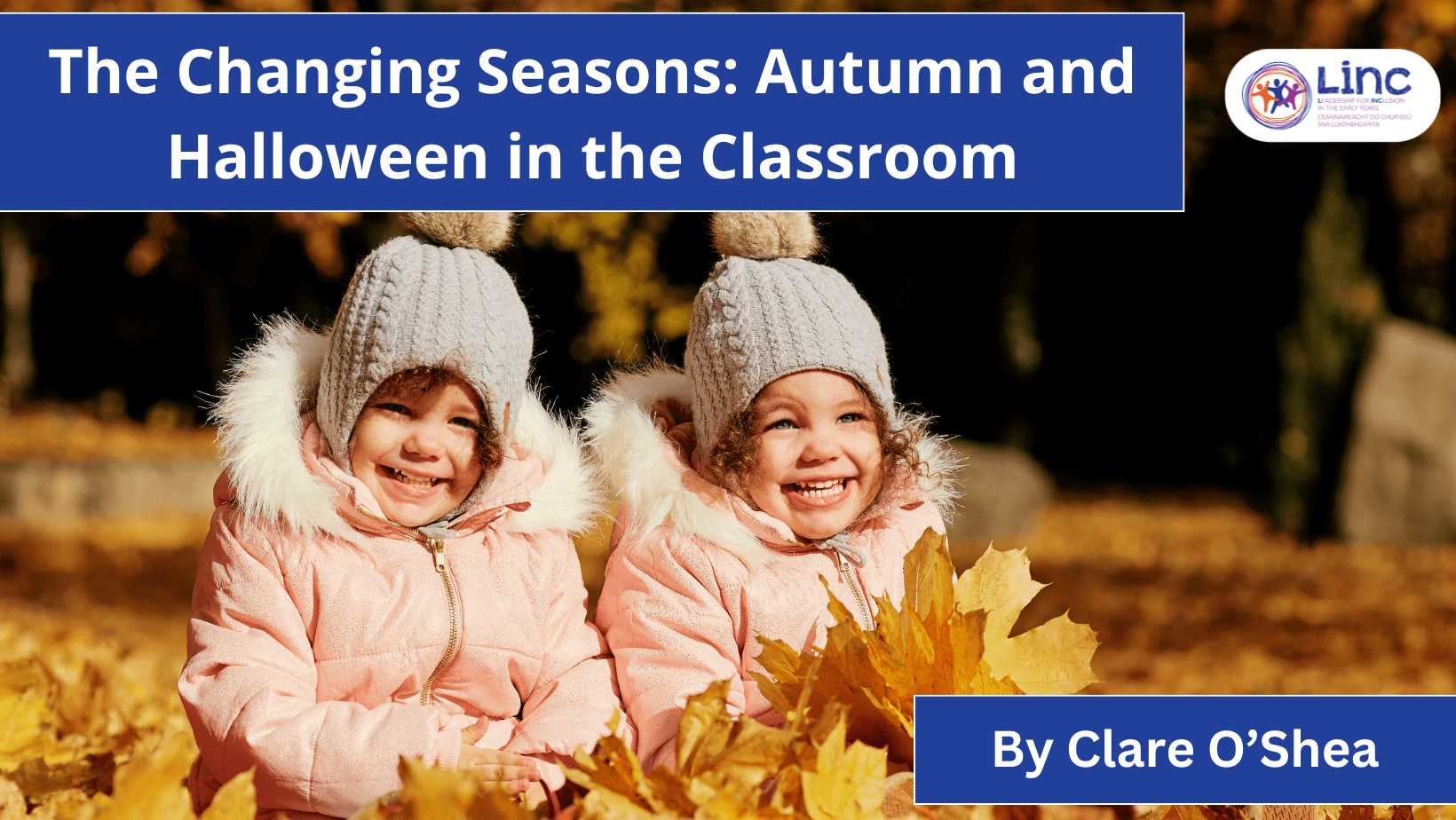The Wonder of Story Boxes
In this edition of the LINC Blog, INclusion CoOrdinator Orghialla Daly-Holland delves into the concept of Story Boxes. Orghialla describes how the purpose of a Story Box is to create a hands-on literacy experience for children. She recounts the meaningful interactions between the children in her setting as they re-enact stories using Story Boxes.
Hello, my name is Orghialla Daly Holland. I have worked in the Early Years sector for the last thirty years, and I must tell you all about story boxes. I am a great believer in story boxes and I am completely sold on their magic! I am trying to spread the word far and wide because they are a great resource that can be easily created and has so many benefits.
I was introduced to the story box concept during a Saturday class whilst completing the LINC Programme. I was fascinated by the very idea of it and since sharing story boxes with the children in my setting, I have found them to be an invaluable resource for all of the children.
As you all know, children thrive on imaginary play, and make sense of their world through play (practicing what they see and hear). Children like books and stories, especially if they are hands on and interactive. A great story goes a long way when a child can interact with the story in their own meaningful way.
A Story box is exactly that and in the famous words of Ronseal, “It does exactly what it says on the tin”. A story box consists of a box with puppets in it. It is relatively easy and inexpensive to make. You can use any medium you deem fit, the most important thing is that the materials are engaging and interesting for the children in your setting, for example finger puppets, teddys, wooden animals and play food. Using homemade laminated characters, (puppets) on lollypop sticks in a box has created meaningful interactions and storytelling for the children in my setting.
I created a story box using the story of The Three Little Pigs as my inspiration. I have read and acted out this story many times, and the children are quite familiar with it. I prepared the characters and with the children decorated the box with the characters for a more visual effect.
I introduced the story in my own words to the children as I played with the puppets and interacted with the children. It is always beneficial to know the story before you introduce it to the children. Children enjoy engaging with the puppets and acting out the story as they share their own unique version of events. The interest among the children is amazing! Our story boxes are left in our library and are easily accessible for all of the children. Two or three children have really taken an interest in the Three Little Pigs Story Box and they currently engage with it at least twice a day attracting others to join in on the fun. I see amazing interactions among the children during these times.
These meaningful interactions between the children as they re-enact the story or make another story allows quieter children to enjoy an interaction with their peers, a natural leader to use their skills in telling or directing the story, a child learning English to absorb new vocabulary in a fun way, a non-verbal or pre-verbal child to listen, observe and communicate in their own way, for example, using gestures.
There are numerous benefits to incorporating these Story boxes, they support self-esteem, social skills and communication, turn-taking and sharing – to name but a few.
Always consider completing a risk assessment if including small objects in your story boxes!

Orghialla Daly-Holland
Inclusion Coordinator (INCO)
Orghialla has worked in in the Early Years sector for the last thirty years and is the Inclusion Coordinator her setting, Fox Lodge Manor Montessori & Playschool in Ratoath, Meath. Orghialla graduated from the LINC Programme in 2022 and is currently participating in the LINC+ CPD Programme.
You may also like:

Minister Norma Foley Commends 527 Newly Conferred Inclusion Coordinators for Their Leadership in Advancing Inclusive Practice at the 2024/25 LINC Graduation Ceremony
Minister Norma Foley Commends 527 Newly Conferred Inclusion Coordinators for Their Leadership in Advancing Inclusive Practice at the 2024/25 LINC Graduation CeremonyPictured: Graduates of the 2024/25 Leadership for Inclusion in the Early Years (LINC) Programme serving...

The LINC Programme Consortium Welcomes Attendees to Mary Immaculate College for the Inaugural International Inclusion Conference
LINC Programme Consortium Welcomes Attendees to Mary Immaculate College for the Inaugural International Inclusion ConferencePictured Left to Right: Prof. Emer Ring, Mary Immaculate College; Claire Butterly, LINC Programme; Prof. Lisha O’Sullivan, Mary Immaculate...

The Changing Seasons: Autumn and Halloween in the Classroom
The Changing Seasons: Autumn and Halloween in the Classroom In this edition of the LINC Blog, “The Changing Seasons: Autumn and Halloween in the Classroom,” LINC tutor Clare O’Shea shares activity ideas, reflections on Aistear’s themes, and practical tips for making...
